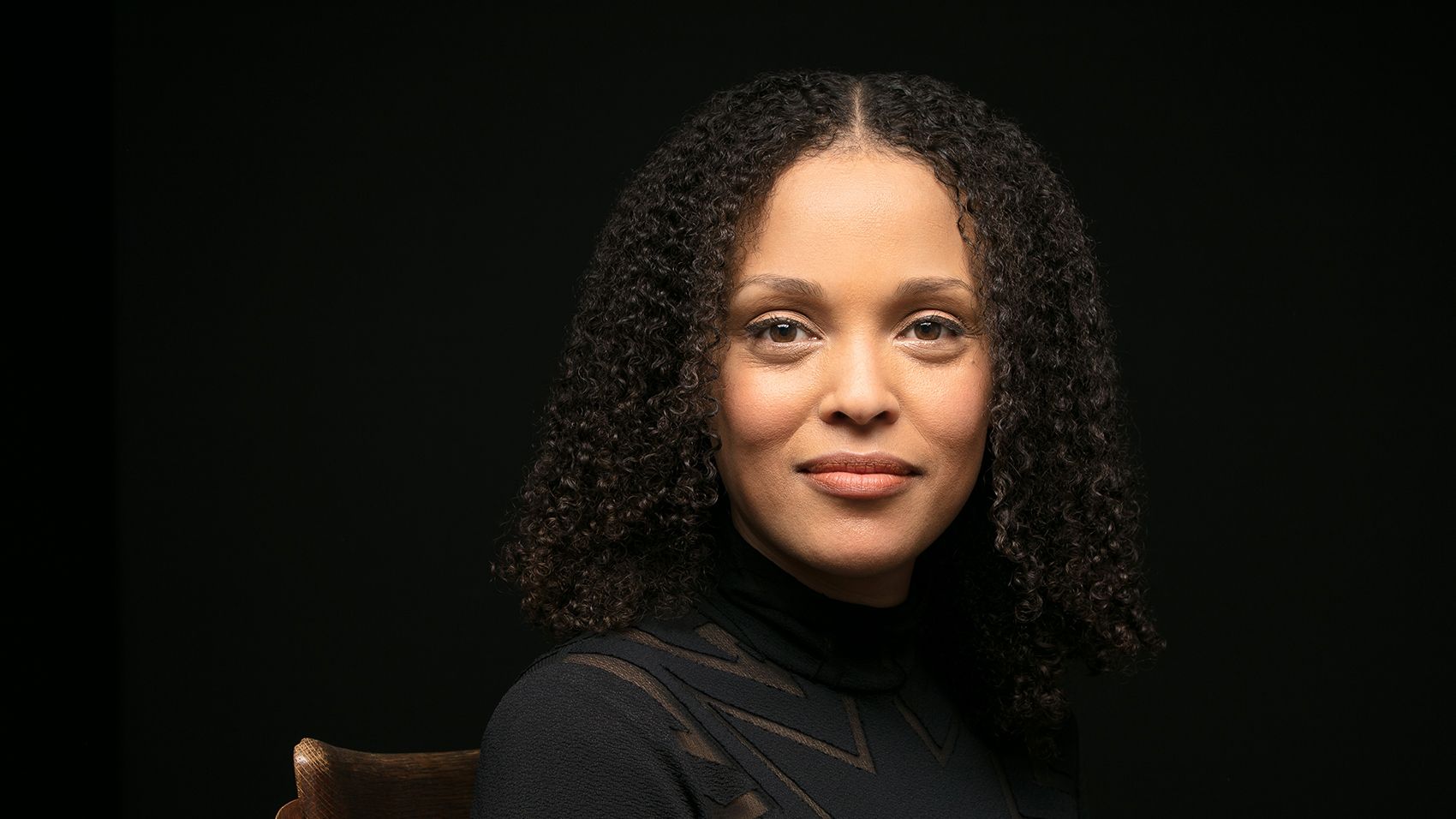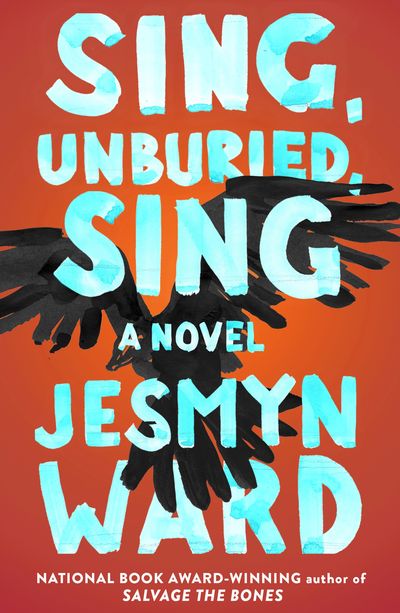National Book Award Finalist Jesmyn Ward on Modern American Racism
Her new must-read novel, Sing, Unburied, Sing, confronts ugly truths.

Jesmyn Ward’s stirring, timely new novel Sing, Unburied, Sing is a portrait of a mixed race family in rural Mississippi, and the ghosts that won’t leave them alone. It’s also a finalist for the National Book Award, a prize its author already took home in 2011 for her last work of fiction, Salvage the Bones. For Marie Claire’s September issue, we chatted with Ward about channeling personal trauma into fiction, the fight over confederate monuments, and what it means—as a writer, and as a mother—to confront the legacy of racism in the modern American south. Here, a longer version of that conversation.
"I realized that my use of the word 'modern' in the American south doesn’t mean much."
Marie Claire: This is your first novel since you won the National Book Award for Salvage the Bones. Did that success get in your head at all?
Jesmyn Ward: The specter of the National Book Award really hampered me in the beginning when I was trying to get a toehold in the material. It took me years to write a first chapter that felt good enough. I thought about the audience in ways I hadn’t when I wrote Salvage the Bones: Will this satisfy them? Will this be a story they want to hear?
MC: Sing, Unburied, Sing takes place in the 21st century, but it could be any decade, really. It feels universal.
JW: I’m always thinking about time. That’s one of themes I return to in my work, the way the past bears on the present, the way that time is not linear, and how that expresses itself in people’s everyday lives. One of the questions that inspired me to begin writing this book: What would it be like for a young mixed kid to grow up in the modern south? I realized that my use of the word "modern" in the American south doesn’t mean much.
"I fantasize about moving away to the Pacific Northwest. But then I think: This is America in 2017."
In the novel, time is a landscape. It’s not linear at all. The characters are able to move through it. I was just thinking about the removal of the confederate monuments in New Orleans, when a lot of racist, backwards people showed up. Moments like that remind me again and again how the past does live in the present. These are very old sentiments. They were here at the founding of the country. It’s not as if these arguments and these emotions and these underlying assumptions are anything new.
MC: Your last novel incorporated a lot of Greek mythology. You’ve spoken before about the importance, as a woman writer of color, of engaging your work with the western literary canon. What was your reference here?
Get exclusive access to fashion and beauty trends, hot-off-the-press celebrity news, and more.

JW: I thought a lot about William Faulkner’s As I Lay Dying, and what it would be like to write a journey. Faulkner is a really important figure in southern literature. I wrestle with him and his legacy every time I sit down and write a piece of fiction. I think I was thinking a little bit, too, about John Steinbeck’s Grapes of Wrath. He was maybe thinking about The Odyssey. But the mythology I’m writing about is that of the African Diaspora. So many of the elements of the afterlife are informed by what I learned about Voodoo while researching the book.
MC: Your work is about the burden of racism in the south. You moved back to your hometown of DeLisle, Mississippi, and now you have two children. Do you worry about raising them there?
JW: I think about that all the time. I fantasize about moving away to the Pacific Northwest. But then I think: This is America in 2017, and I’m not going to escape this. Yes, in the south there is more overt racism. It’s more willfully ignorant and brazen. But it’s not as if by moving I’m going to be able to escape institutionalized racism. It’s not as though my life won’t be twisted and impacted by racism anymore. It will. As a parent you want to protect your children, but the fact of racism in this country, of inequality, that is still a lesson my children are going to have to learn. I can’t protect my kids from that.
This interview has been condensed and edited. A version of this article appears in the September 2017 issue of Marie Claire.